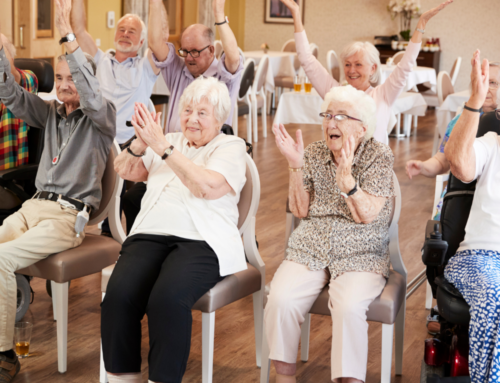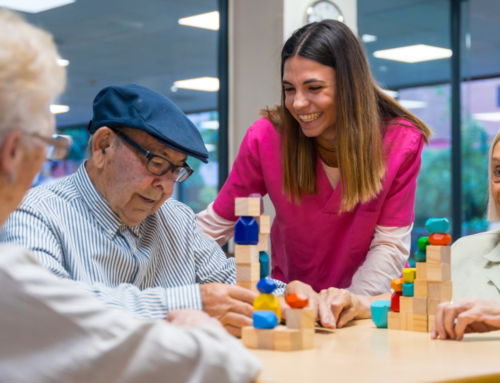Share This Story!
And The Choices Are
Board and care home, assisted living, nursing home, continuing care retirement communities, and in-home care are some options available. With so many choices, the critical first step is to determine what type of assistance is needed. Is help needed with everyday activities like dressing, preparing meals, and taking medications? Or maybe an elderly loved one needs someone close by to check in daily. All these options and more are available.
Minimal assistance needed
Many older adults want to remain in a private home and maintain a level of independence. Retirement communities that provide all exterior maintenance of the home combined with in-home care may make that possible. In-home services can range from light housekeeping to 24-hour sitter care. When choosing this option make certain to research housing communities as well as in-home service providers. Ask for references and ensure the company or individual is licensed and bonded.
Maximum assistance required
When an elderly loved one can no longer safely remain at home, investigation of long-term care options may be necessary. Careful investigation and research will help ensure proper care will be provided. Drop-in visits are recommended as well as an official tour of the facility. If possible, obtaining feedback from current residents and families will likely be helpful.
Where to start looking
With so many choices in the level of care provided, narrowing it down may be difficult. Help can be provided by a physician or geriatric care manager to determine the right type of care needed. There are also services available to assist with care options, local services and facilities, amenities offered, and even financial considerations. Some of the highest-rated organizations of this type are free and widely recognized for exceptional service.
Making the right decision for everyone
When an elderly loved one can no longer live independently the decision to make a change is not easy. Including the elder in the decision will help ensure needs and desires are prioritized. By doing that, the elderly loved one will likely be happier and more confident in the choice. The decision is not easy but with help from professionals, the right choice can be made.





